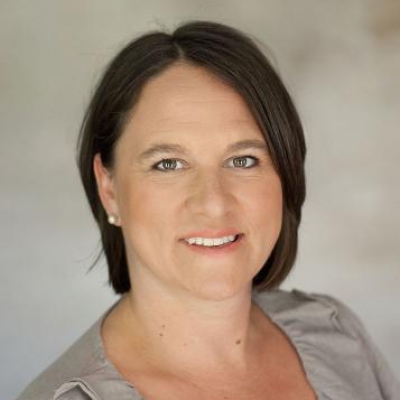In December, Education Next published an article by Rick Hess called “Three Cheers for Imposter Syndrome” that, in part, argues that experts in education would be wise to be more humble. “And, since authentic humility seems to be in pretty short supply these days,” he writes, “I'll happily accept impostor syndrome as a useful facsimile.”
Impostor syndrome is “the fear that you'll be found out at any moment as an impostor who doesn't belong in your job or can't do an important task.” Conventional wisdom would tell us that the “impostor” is someone whose pedigree, depth of knowledge, and/or confidence doesn’t mesh with those of his or her peers. That certainly seemed to be what Hess was feeling when he himself felt like one as he waited to take his Graduate Record Examination.
“Listening to the knowing chatter of the students around me, I was filled with self-doubt,” he recalls. “The room seemed full of budding experts. I wondered how they could know so much and how I would ever keep up.”
But If we take a step back and look specifically at the world of education policy and reform, those who tend to suffer from impostor syndrome are actually the ones who bring a breadth of school experiences to the table. And this often affords them skills and knowledge that, ironically, those who drive policy conversations often lack or can’t even comprehend.
So are these thought leaders the real imposters? What about those among them who have only known lives of opportunity and access? Do they not inherently lack the understanding that’s possessed by those those who dropped out of school and clawed their way back, or whose parents never graduated from high school?
If the collective goal of education policy is to make schools the best they can be for students and their families, it’s hard to argue that the real impostors aren’t the ones who only ever attended high quality schools, have all the choices they need for their own children, or don’t know what it’s like to have the principal of your school tell you that you just aren’t college material.
Indeed, in some very important ways, the ones who traditionally suffer from impostor syndrome actually know more than the presidents of think tanks and esteemed academics. Hess’s call for humility therefore sounds like a really good idea, considering how many real impostors populate policy and reform circles. And that’s not to say that these folks shouldn’t be at the table; they should absolutely be. But it is imperative that they seek out, welcome, and include the voices of those whose real life experiences can help ensure that policies that look good on paper actually make sense in people’s lives.
We in education policy think we know what it takes keep kids from dropping out of school, for example, but very few of us ever actually dropped out. So we should be talking to those who did.
We have lots of ideas about educating foster children, but we never actually lived in foster care. So let’s make adults who did a central part of the discussion.
And we talk about the changes that occur in the brain as a result of trauma, but most policymakers lack a true understanding of how it affects student learning. Speaking with more survivors of trauma would help change that.
But by and large we fail in these regards. Instead, middle class people insist on telling poor people what it takes to succeed in school. White parents, union leaders, and progressive education “experts” (whose children attend virtually all white schools) tell black people that they are doing something wrong when they choose all black schools; some go so far as to blame them for exacerbating segregation. And people without disabilities or who don’t have children with disabilities try to speak for and make policy for people who do. Heck, my own U.S. Senator, Sheldon Whitehouse, hosted an education summit for stakeholders in early 2017, and there weren’t even any parents in the room—except for those who also happened to be union leaders, charter lobbyists, or the heads of education-related non-profits.
So let’s make 2018 the year in which policy organizations and political leaders expand their thinking to include the ideas of folks who aren’t traditional “experts.” Let’s invite them to sit on conference panels, host their writing on our blogs, and build qualitative research projects around their experiences. The more we hear and learn from those who possess relevant, firsthand knowledge that most of us lack, the better our schools will be for all students and families.
The views expressed herein represent the opinions of the author and not necessarily the Thomas B. Fordham Institute.

